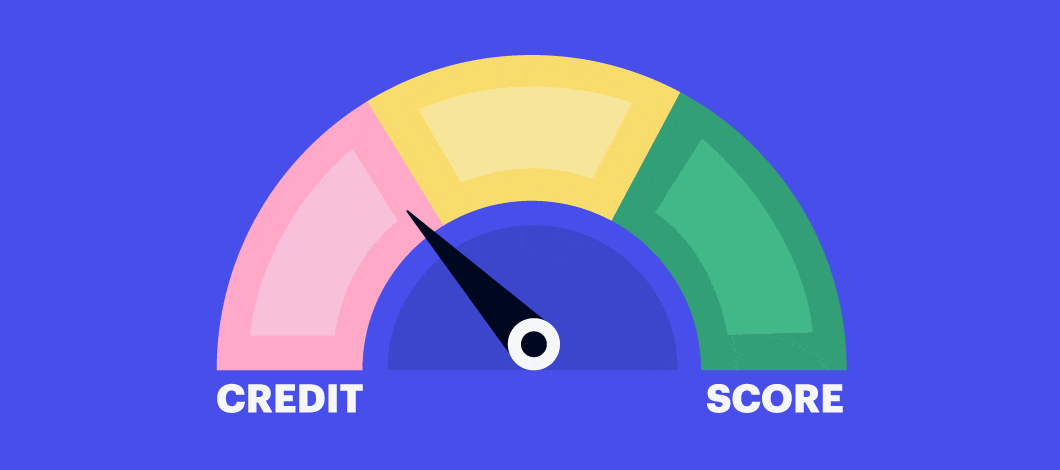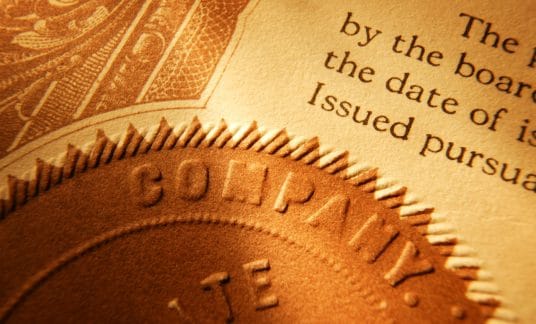Getting a business credit card can bolster your company’s buying power and, depending on the card, offer a host of benefits — from airline miles and travel perks to cash-back rewards and higher credit ratings.
Learn how to best apply for a business credit card, how to increase the likelihood of approval and how to get the most from a business credit card.
What You Should Know About Business Credit Cards
Business credit cards provide access to a revolving line of credit that expands your business’s purchasing power. Business owners can use the card for any business-related expense. The cardholder is responsible for paying back the amount borrowed, plus interest on remaining balances. Business credit cards are a convenient tool for small business owners in need of purchasing inventory, new equipment or to handle any significant or routine business expense.
While personal credit cards and business credit cards share a lot of the same characteristics, business credit cards provide benefits to organizations that personal cards cannot (more on that later). Also, business credit cards help you build business credit and make record keeping much easier—two benefits that are certainly worthwhile for any owner.
The 3 Types of Business Credit Cards
Much like personal credit cards, there is an assortment of business credit cards to address the needs and preferences of business owners. Let’s consider 3 types:
1. Business Credit Cards
Business credit cards are most likely to be the best-known card of the 3 types. They are most similar to a personal credit card in that they have a predetermined credit limit. This poses a potential drawback for business owners who are unsure of how much they will need to spend every month.
However, credit cards offer a faster solution for building a business credit history, and they also tend to come with additional perks and incentives such as:
- Air miles
- Reward points
- Cashback (up to 5%)
- Low or no annual fees
- Discounts on hotels, car rentals and more
2. Business Charge Cards
Unlike a business credit card, a charge card must be paid in full every month, rather than the balance rolling over month-to-month.
The main benefit of this option is that, if paid in full, charge cards don’t have interest payments, and lenders usually don’t tack on surprise fees. However, failing to pay the amount in full could incur penalty fees and prevent you from using the card in the future.
3. Secured Business Credit Cards
If you are a business owner with little or no business credit, a secured business credit card might be the best way for you to establish some.
With secured business credit cards, you provide a deposit up front that acts as collateral to obtain the card. Purchases are reported back to credit-rating firms — and credit is built as the card is used.

Get a Business Credit Card in 4 Easy Steps
Let’s walk through how to get a business credit card:
1. Weigh Your Options
The first step is determining whether a business credit card is right for you.
The best way to determine this is by deciding which features you value most in a business credit card.
Here are 4 aspects of business credit options to consider before making a decision:
Requirements
This is, perhaps, the most important of any of the features because if you don’t qualify for a specific card at the moment, it’s best to continue exploring your options.
Business credit card requirements vary by issuer, although each carries a similar set of stipulations.
Rates
Evaluating the rates each card offers is critical. The rate on a business credit card, which is typically expressed as an APR (annual percentage rate), is commonly broken into 2 categories: introductory and ongoing.
The introductory rate entices you to apply for and accept a specific card, featuring perks such as a 0% APR on purchases during the first 9-15 months. The ongoing rate, however, is the rate you will need to pay back on any unpaid balances after the introductory period has expired. Ongoing rates typically range between 13% and 25%.
Rewards
Credit cards often feature rewards incentives such as cashback benefits, airline miles and points programs. As with business credit card rates, there are introductory rewards promotions that are offered to attract business owners to apply.
Selecting the best rewards program for your business comes down to how you operate. If, for example, your business expenditures skew toward rail travel, secure a card that offers great benefits or discounts for train tickets as opposed to one that benefits frequent flyers.
Fees
It’s common for a credit card with a stellar rewards program to have an annual fee. It’s often the case that the better the rewards, the higher the fee.
Sometimes card issuers will waive the annual fee, which can be as high as $500, for the first year as a way to add incentives to potential applicants.
Ask yourself what your business needs from a credit card. It may be that you need a standard no-frills card to start building credit.
2. Know the FICO Score
The next step in opening a business credit card account is to check your personal FICO credit score.
Unlike your company’s FICO Small Business Scoring Service (SBSS) score, which is a unique number assigned to small businesses to evaluate business credit obligations, your personal FICO score only values how you, the owner, have handled your debts.
For new businesses and first-time applicants, banks will look at your personal credit history and score.
The following are the categories for your personal FICO score:
- Poor: 300-579
- Fair: 580-669
- Good: 670-739
- Very Good: 740-799
- Exceptional: 800-850
One of the business credit card application requirements is to disclose your personal credit score. You can find your credit score by working with your bank, credit card issuer or by working with one of the big 3 credit rating companies: Equifax, Experian and Dun & Bradstreet.
Your personal credit score is one of the most significant factors creditors evaluate from your application. The higher it is, the more likely it is that you will be approved and receive better terms. If your personal credit score is below the “fair” range, you are considered a high-risk borrower. However, by posting collateral, there are options you will have for getting approved for a business credit card.
3. Know Your Financial Situation
If you wonder how to get a business credit card, know that you’ll have to have all of your business’s financial records on hand — or at least those from the past few years.
To complete your application, make sure you have the following pieces of information:
- Personal income information
- Annual business revenue
- Monthly business expenses
- Tax ID numbers (personal and business)
- One government-issued form of identification
- Mailing address and business name
Depending on your card issuer, you might be required to provide additional information or documentation.
4. Apply for the Best Card for You
Once you’ve assembled all of your necessary paperwork and information, the final step in the process is applying for a card.
Many business credit cards can be applied for online, rather than in-person through your bank or credit union. In some instances, your online applications could receive near-instant approval or rejection.
Once approved, you can expect the issuer of the card to send it via mail within a couple of days. Usually, business cards are received at the business’s mailing address within 1 or 2 weeks of the approval date.
How to Build Business Credit Fast
If your business credit card application is declined, don’t get discouraged from trying again. There are actions you can take today to improve your business’s creditworthiness.
Improve Your Personal Credit Score
Credit scores below the “fair” range (essentially, anything under 580) need to be addressed before you apply again.
Business credit card companies like to see applicants in the middle of the “good” FICO range (anything above 670) before issuing a card.
The best way to improve your personal and business credit is to pay your credit card bills on time and pay down any existing debt. Focusing on paying down debt and paying on time will also help address how you utilize your credit. Credit utilization is how much credit you have available versus how much you have used. Ideally, it should be less than 30%.
Reduce Your Expenses
Create a list of your monthly expenses and review it to get a better idea of what’s necessary and what could be trimmed. Your business’s variable costs, such as your cost of goods sold, materials and supplies, packaging materials and labor, would be your best opportunity to cut your expenses.
Increase Your Business Revenue
Finding ways to increase your revenue improves your chances of being approved for a business credit card. Whether you take on one large new client or expand your product line to meet market demands, increasing your revenue makes it much easier for a credit card company to say “yes” to your application.
Be Patient
Sometimes all your business needs is time. If you have been in business for less than 2 years, biding your time (and improving your company in the meantime) might be the only thing standing between you and a business credit card.
Making Your Business Credit Card Work for Your Company
Getting business credit cards involves more than simply knowing how to apply. No matter the size of your business, you need to do your homework before you start sending off applications.
Once you have a business credit card in your possession, it’s ultimately up to you how it will benefit your organization. While the perks and rewards are great, you need to use your card as a tool for growth.
Even if you are just getting your company off the ground, applying for a business credit card is an astute decision. It’s a convenient source of capital and your business can take advantage of the many benefits that they offer. Once you have a business credit card, you can start building a business credit history that will pay dividends in the long run.











